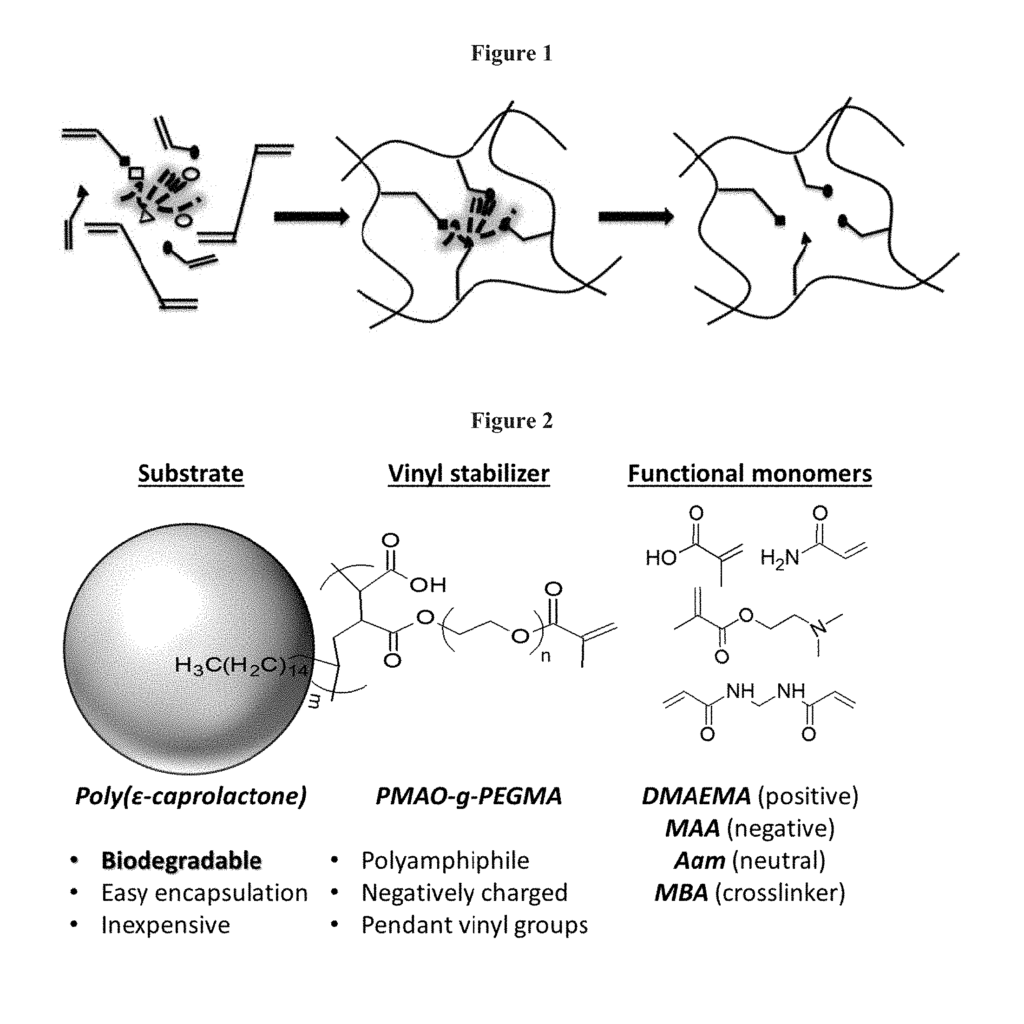Precision Drug Delivery with Biodegradable Recognition-Driven Nanoparticles
Introduction
As the landscape of pharmaceutical development evolves, there is an increasing need for precision in drug delivery. Current drug therapies often face challenges in targeting the right cells or tissues, leading to inefficiency, unwanted side effects, and even toxicity. Our patented method for preparing biodegradable nanoparticles with recognition characteristics offers a solution by enabling targeted drug delivery that minimizes side effects while maximizing therapeutic efficacy. This innovative technology has the potential to transform how drugs are delivered and metabolized in the body, offering more effective treatment options across a wide range of diseases.
The Problem with Conventional Drug Delivery Systems
Traditional drug delivery methods are often imprecise, meaning that medications can affect both diseased and healthy tissues. This leads to suboptimal outcomes, particularly in fields like oncology, where off-target effects can cause significant harm. Additionally, many therapies require high doses to achieve a therapeutic effect, resulting in unnecessary side effects and reduced patient compliance. Moreover, biodegradable materials, while preferable, often lack the ability to specifically target disease sites without complex and costly modifications.
As medical treatments become more personalized, there is a growing demand for drug delivery systems that not only minimize toxicity but also target the specific cells or tissues affected by a disease. Biodegradable nanoparticles with recognition capabilities represent a promising answer to this challenge.
A Novel Solution for Precision Medicine
Our patented method creates biodegradable nanoparticles that have built-in recognition characteristics, allowing them to specifically target cells, tissues, or pathogens. These nanoparticles can be customized to recognize specific biomarkers or disease markers, ensuring that they deliver drugs directly to the site of need. Once the drug is delivered, the nanoparticles degrade naturally, minimizing the risk of long-term toxicity or adverse effects in the body.
This technology is especially useful in fields such as oncology, cardiovascular medicine, and infectious disease, where precision targeting is crucial. For pharmaceutical companies, this method provides a platform to develop next-generation therapies that are both effective and safe.
Key Benefits
- Targeted Drug Delivery: The nanoparticles recognize and bind to specific biomarkers, delivering drugs directly to the site of disease.
- Biodegradable: After drug delivery, the nanoparticles degrade naturally, reducing long-term toxicity risks.
- Customizable: The nanoparticles can be tailored for different diseases or conditions, making them highly versatile.
- Enhanced Therapeutic Efficacy: More effective treatments with fewer side effects, thanks to precision targeting.
A Leap Forward in Drug Delivery Technologies
Licensing this nanoparticle preparation technology provides pharmaceutical and biotechnology companies with a cutting-edge tool to develop advanced, targeted therapies. This method enables more precise, effective drug delivery, positioning companies at the forefront of personalized medicine.

- Abstract
- Claims
What is claimed is:
Share
Title
Method of preparation of biodegradable nanoparticles with recognition characteristics
Inventor(s)
Nicholas Peppas, Heidi Culver
Assignee(s)
University of Texas System
Patent #
10086091
Patent Date
October 2, 2018
